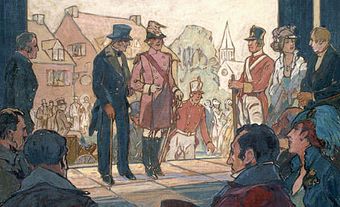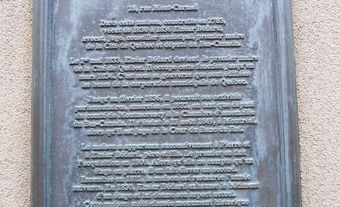
William Stevens Fielding, journalist, politician, premier of Nova Scotia (born 24 November 1848 in Halifax, NS; died 23 June 1929 in Ottawa, ON). Fielding rose from clerk to managing editor of Halifax's Morning Chronicle by 1874 and retained that post until he became premier in 1884. Concerned with the province's precarious economic condition and the refusal of federal assistance, he led his Liberal Party - pledged to withdrawal from Confederation - to victory in 1886. When he failed in his pledge, he attempted to rescue the province's economy by developing its coal resources.
In 1896 Fielding resigned as premier to become the minister of finance and receiver general in Wilfrid Laurier's government. Apart from lowering the tariff against British goods (called the Fielding, or imperial preferential, tariff), Fielding retained the high tariff policy of his Conservative predecessors. In 1910 he negotiated a reciprocity agreement with the United States, but when it was opposed in Parliament an election was called for on September 1911. Fielding and his party were defeated, and he accepted the editorship of Montréal's Daily Telegraph.
Seen as Laurier's successor, Fielding's support of conscription cost him the leadership of his party in 1919, when Mackenzie King won by 38 votes on the third ballot. After King became prime minister in 1921, Fielding resumed his position as minister of finance for four years.

 Share on Facebook
Share on Facebook Share on X
Share on X Share by Email
Share by Email Share on Google Classroom
Share on Google Classroom

